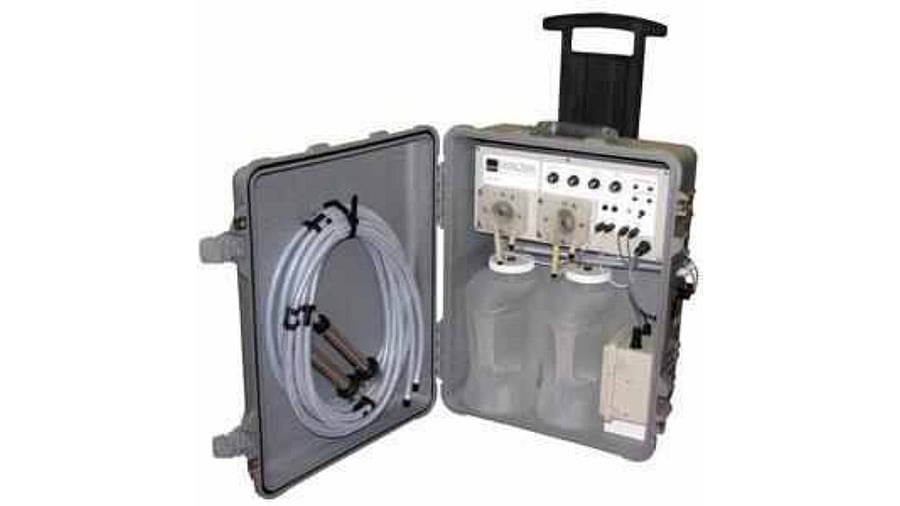
For the first time since the outbreak of the pandemic, sewage from planes flying in from abroad and departure/arrival terminals at the two international airports in Karnataka will be tested for the presence of SARS-CoV-2, the virus that causes Covid-19.
The Infectious Disease Research Foundation (IDRF), a non-profit set up in March, will be testing sewage from at least three sites at Bengaluru's Kempegowda International Airport. Elsewhere in the city, sewage will be tested from 300 sites.
Sewage surveillance helps detect the presence of contaminants in a given area. Since the pandemic broke out two years ago, authorities have relied on this method to monitor the presence of novel coronavirus in a given population.
In order to ensure consistency, the IDRF will pick up samples on a regular basis so that there are no alterations and Covid hotspots in Bengaluru can be predicted accurately. Currently, the BBMP is unable to pinpoint the wards where new Covid variants are emerging.
In order to improve the quality of samples, the IDRF will be using autosamplers, which are analytical devices that collect samples periodically from a large sample source for analysis, like the atmosphere or a lake, for example.
The sample integrity will be maintained as it will be refrigerated and stored before being transported in a cold box.
Plus the sample results will give a three-week lead time before cases start showing up on RT-PCR tests on the circulating variant in the community.
Currently, whenever there is a high number of Covid cases, from the BBMP's East Zone or Mahadevapura Zone, for example, sewage surveillance is done in these areas. This is reactive and not prospective in nature.
With active surveillance, the BBMP will know which Covid variant is circulating where and why. It can ramp up testing in such areas to prevent further transmission.
"We will be covering all the 198 wards in Bengaluru. The international airports in Bengaluru and Mangaluru will be covered more for screening the entry of passengers. Typically, most of our new Covid variants have come in through passengers," said Rohan Pais, Chief Executive Officer, IDRF.
"So, we are finalising wastewater surveillance so that we can track passenger inflow. The rest of the programme will focus on tracking Covid hotspots across the BBMP wards. The site selection is currently in process based on population density. We will have at least two to three sites per ward. The data will be available on the Path Intel dashboard, which will soon be available online," he added.

